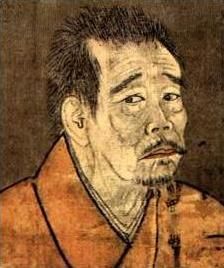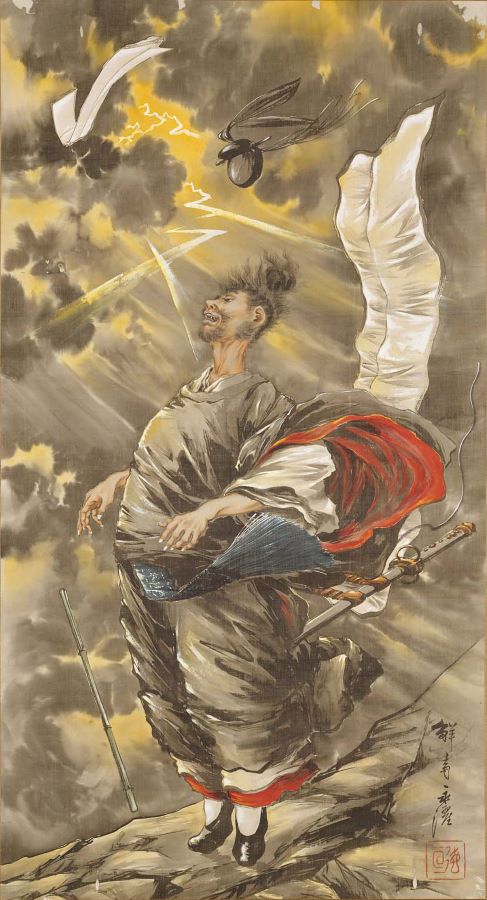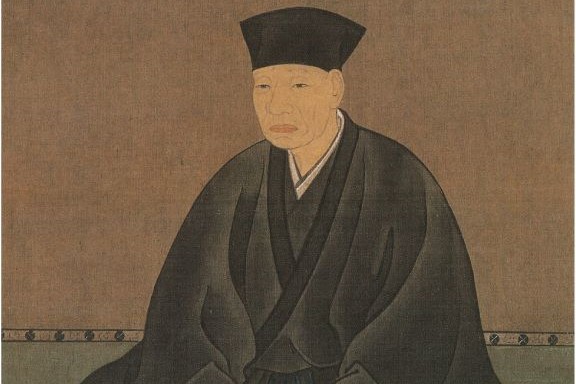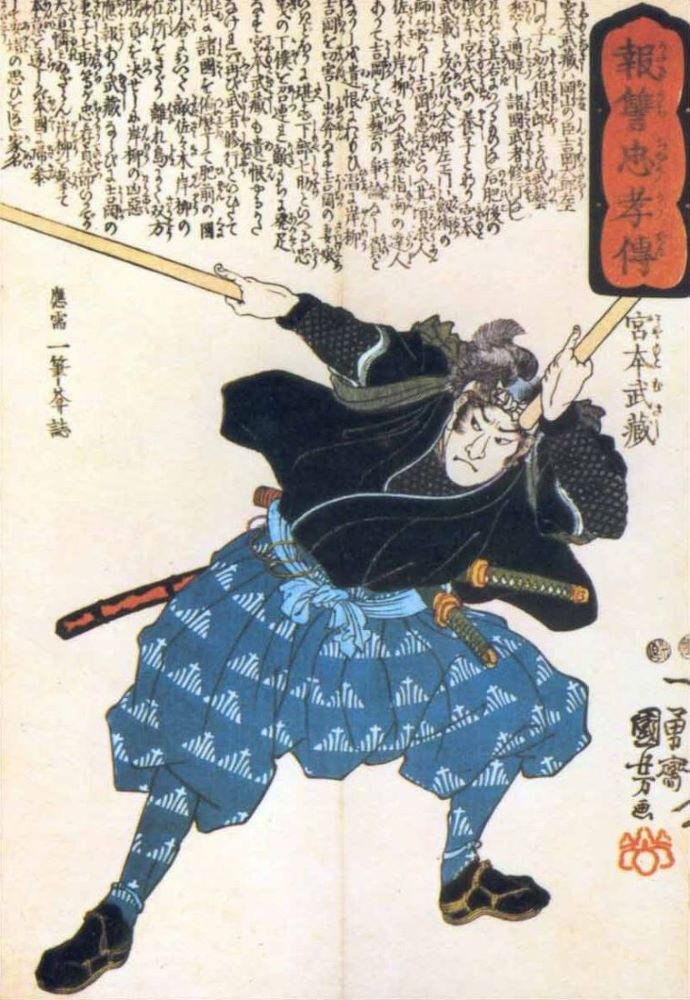Ikkyū was a Japanese Zen Buddhist monk, poet, and calligrapher. He lived during the Muromachi period and is considered one of the most eccentric and controversial figures in Japanese Zen history. Ikkyū’s unconventional approach to Zen Buddhism and his rebellious attitude towards traditional Japanese society made him a controversial figure during his lifetime, and his legacy continues to inspire and challenge people to this day.
Ikkyū was born into a noble family in 1394 and was ordained as a monk at a young age. He studied under several Zen masters, including Kasō Sōdon and Shūken Sōryō. However, Ikkyū’s unorthodox behavior and his rejection of traditional Zen practices often put him at odds with his teachers and other members of the Zen community.
Despite the controversy surrounding him, Ikkyū’s poetry and calligraphy are highly regarded in Japan and continue to influence contemporary artists and writers. His unique approach to Zen Buddhism and his rejection of societal norms make him a fascinating figure to study and learn from.
Early Times
Ikkyū was born in 1394 in what is now known as Kyoto, Japan. His father was Emperor Go-Komatsu and his mother was a court noblewoman named Lady Kasuga. Ikkyū’s childhood was marked by tragedy, as both of his parents died when he was just a young boy. As a result, he was sent to live with his grandparents.
Despite his aristocratic background, Ikkyū was known for his rebellious nature from a young age. He was particularly critical of the corrupt practices he saw among the Buddhist clergy, and he often clashed with his teachers over their adherence to traditional teachings and practices.
At the age of 13, Ikkyū entered the Ankoku-ji temple in Kyoto, where he began his formal training in Zen Buddhism. He quickly distinguished himself as a gifted student, but his unconventional behavior and sharp tongue continued to cause problems. He was eventually expelled from the temple and spent several years wandering the countryside, studying under various Zen masters.
Training and Enlightenment
Ikkyū’s training began when he was a young boy. He was sent to a Zen temple where he was taught the basics of Buddhism and Zen meditation. His training was rigorous, and he was expected to meditate for hours on end. He was also required to perform manual labor, such as cleaning the temple and tending to the gardens.
As he grew older, Ikkyū became disenchanted with the strict rules and regulations of the Zen temple. He began to question the teachings of his masters and sought enlightenment on his own terms. He left the temple and began wandering the countryside, seeking out other Zen masters and learning from them.
Despite his unorthodox approach to training, Ikkyū became a highly respected Zen master in his own right. He was known for his unconventional teaching methods, which often involved humor and poetry. He believed that enlightenment could not be found through strict adherence to rules and regulations, but rather through a deep understanding of one’s true nature.
Ikkyū’s teachings continue to influence Zen practitioners today. His emphasis on personal experience and individuality has helped to shape the modern Zen tradition, and his poetry and writings remain popular among Zen enthusiasts.
Teaching and Poetry
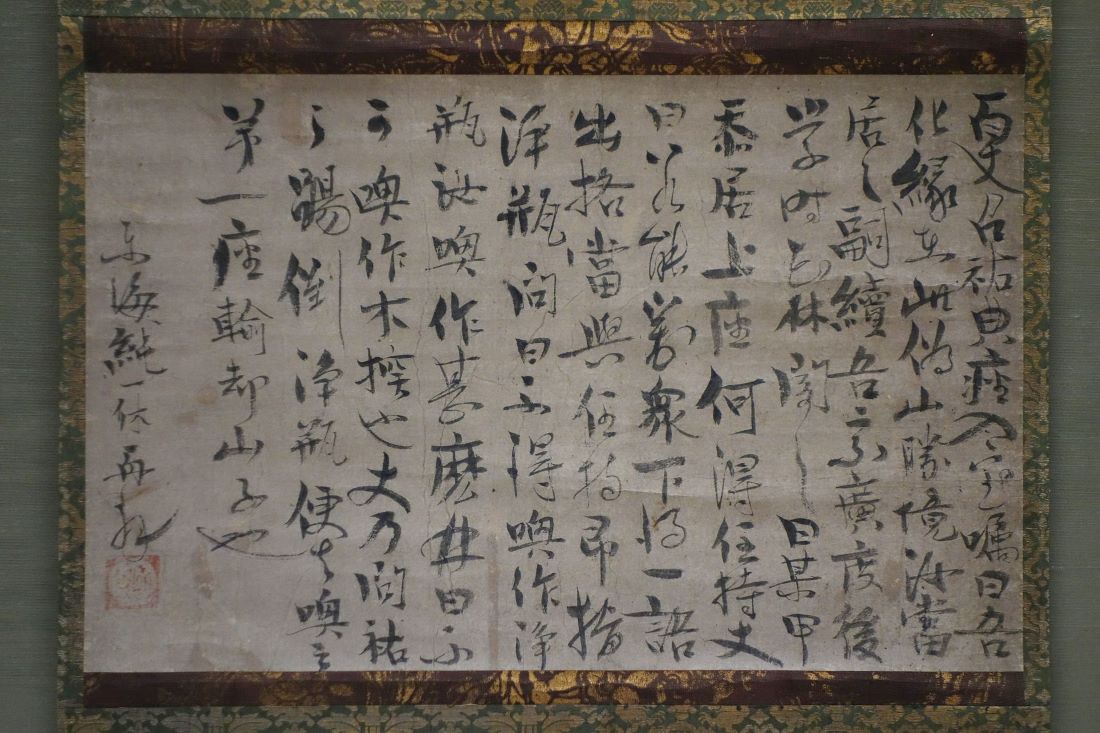
Ikkyū was renowned for his unique teaching style, which often involved using humor and unconventional methods to engage his students. He believed that Zen should be accessible to all people, regardless of their social status or level of education. This led him to teach in a way that was simple and direct, often using everyday language and examples from daily life.
One of Ikkyū’s most notable contributions to Zen was his use of poetry as a teaching tool. He believed that poetry was a powerful way to express the ineffable nature of Zen, and often used it to convey complex ideas in a simple and accessible way. His poems were often humorous and irreverent, challenging conventional ideas and pushing his students to think beyond their preconceptions.
Ikkyū’s poetry was heavily influenced by the Chinese Zen tradition, particularly the work of the Tang dynasty poet Han Shan. Like Han Shan, Ikkyū often used nature imagery and metaphor to explore the mysteries of Zen. His poems were also deeply personal, often reflecting his own struggles and experiences on the path to enlightenment.
Overall, Ikkyū’s teaching and poetry were characterized by a deep commitment to authenticity and a rejection of dogma and convention. He believed that Zen was a living tradition that should be constantly renewed and reinvented, and his teaching and poetry reflect this dynamic and creative approach to the practice.
Controversies and Criticisms
Ikkyū’s unconventional lifestyle and teachings often drew criticism and controversy during his lifetime and beyond. Some of the controversies and criticisms include:
- Ikkyū’s relationships with women, particularly his romantic involvement with prostitutes, caused scandal and disapproval among some members of the Buddhist community.
- His use of vulgar language and irreverent behavior, including drinking alcohol and engaging in sexual activities, was seen as disrespectful to traditional Buddhist values.
- Ikkyū’s rejection of formal hierarchies and institutions, including the monastic system, was viewed as a challenge to established authority and tradition.
Despite these criticisms, Ikkyū’s teachings and philosophy continue to be studied and respected by many in the Zen community today.
Legacy and Influence
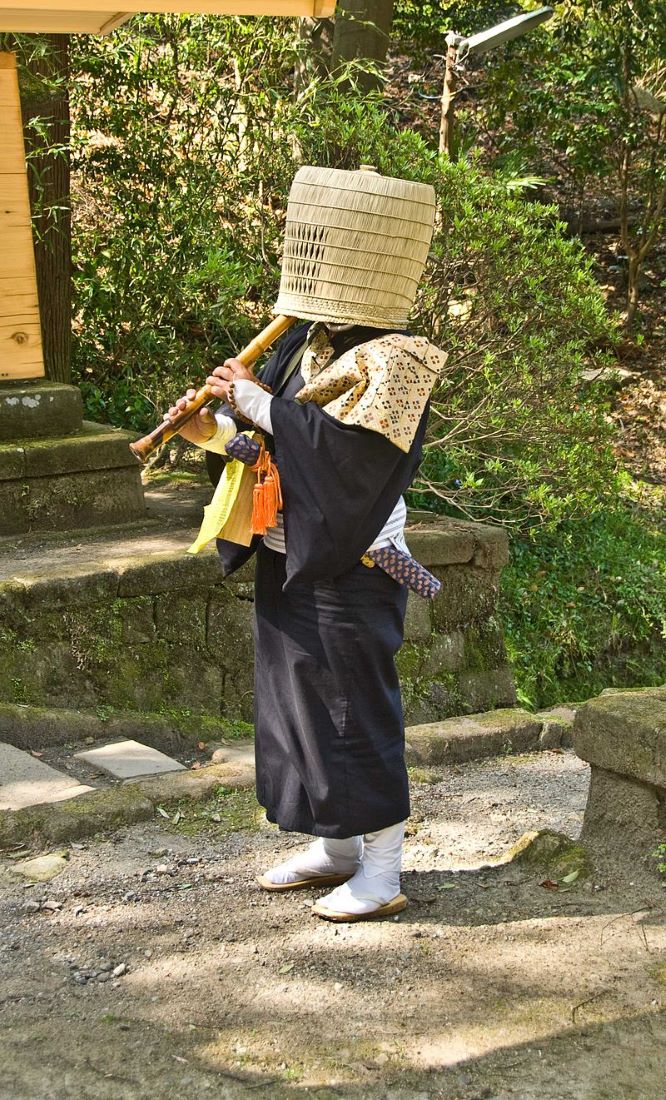
Ikkyū’s influence on Japanese culture and Zen Buddhism has been significant. His poetry and calligraphy are still studied today, and his teachings continue to inspire Zen practitioners. Here are some of the ways Ikkyū’s legacy has endured:
- Poetry and Calligraphy: Ikkyū’s poetry and calligraphy are considered some of the finest examples of the art form. His works are studied in schools and universities throughout Japan, and his style has influenced countless artists and writers.
- Zen Practice: Ikkyū’s teachings on Zen practice have been influential for centuries. His emphasis on direct experience and personal realization has been embraced by many Zen practitioners, and his approach to meditation continues to be taught today.
- Social Critique: Ikkyū’s critiques of Japanese society and the Buddhist establishment have resonated with many people over the years. His willingness to challenge authority and speak out against injustice has inspired generations of activists and reformers.
Overall, Ikkyū’s legacy is one of artistic and spiritual innovation, as well as social criticism and activism. His influence can be seen in many aspects of Japanese culture, and his teachings continue to inspire people around the world.

